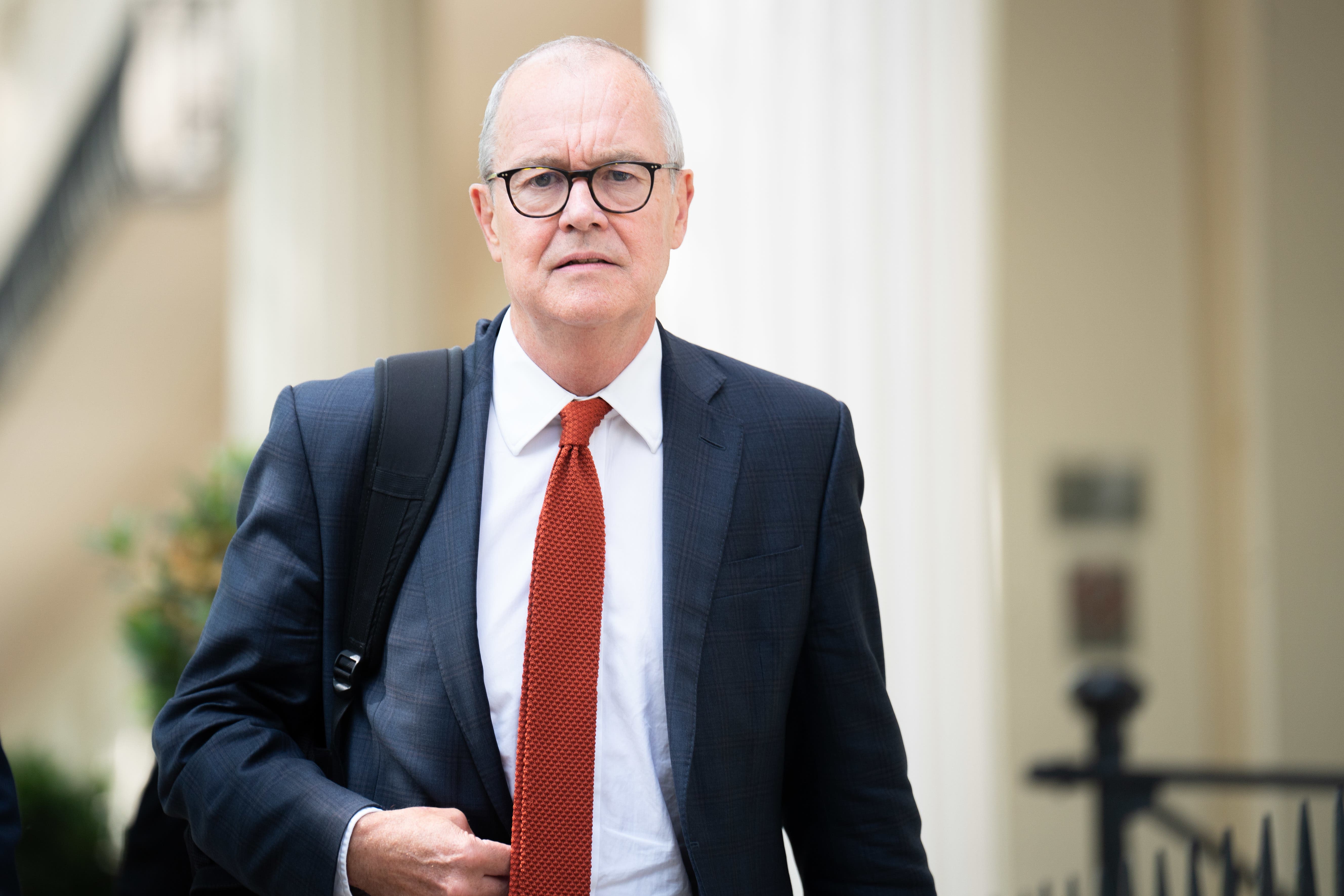Sir Patrick Vallance never intended for diaries to ‘see the light of day’
The former chief scientific adviser gave evidence to the Covid-19 Inquiry on Monday.

Sir Patrick Vallance never had any intention of his diaries “ever seeing the light of day”, and the notes were his way to decompress from the daily stresses of his job, the Covid-19 Inquiry has heard.
The former chief scientific adviser, who was in the post from 2018 until earlier this year, appeared before the probe, which is examining the UK’s response to the pandemic, on Monday.
His diary entries from the time of the crisis have been used during the examination of other key figures, including the likes of former No 10 director of communications Lee Cain and former cabinet secretary Mark Sedwill.
Giving evidence at Dorland House in London, Sir Patrick said: “I had no intention whatsoever of these ever seeing the light of day or me looking at them again, and sort of felt the world probably had enough of books and reflections of people’s thoughts during Covid.”
He admitted the diary was a way of protecting his own mental health from the daily stresses of his job, saying: “At the end of each day, often quite late in the evening, I would just spend a few minutes jotting down some thoughts from that day, and things and reflections, and did it as a way to get that, in a sense, out of the way so that I could concentrate on the following day.
“These were private thoughts. They were instant reflections from a day.
“And once they were written, I actually never looked at them again.
“They were put in a drawer and that was that.
“I certainly had no intention of doing anything else with them either.”
He also told the probe the diary was his way of “decompressing” and protecting his mental health and while he he still held some of the views today, he had changed his opinions on others.
“Some of it, I look back and think ‘well, that seems like a sort of sensible series of reflections over that period’,” Sir Patrick said.
“Others I look back and I can see I might have written something one day and then two days later written something that said, ‘actually I don’t agree with myself on that’, which may have been how somebody had behaved or somebody made an observation.
“So they were very much instant thoughts.”
Sir Patrick has challenged the full publication of the diary by the inquiry, describing the notes as a “brain dump” written “at the end of immensely stressful days to protect his mental health”.
Baroness Heather Hallett, who is leading the probe, last month said it would be “premature” to make a decision on whether the entries should be disclosed in their entirety.
Bookmark popover
Removed from bookmarks